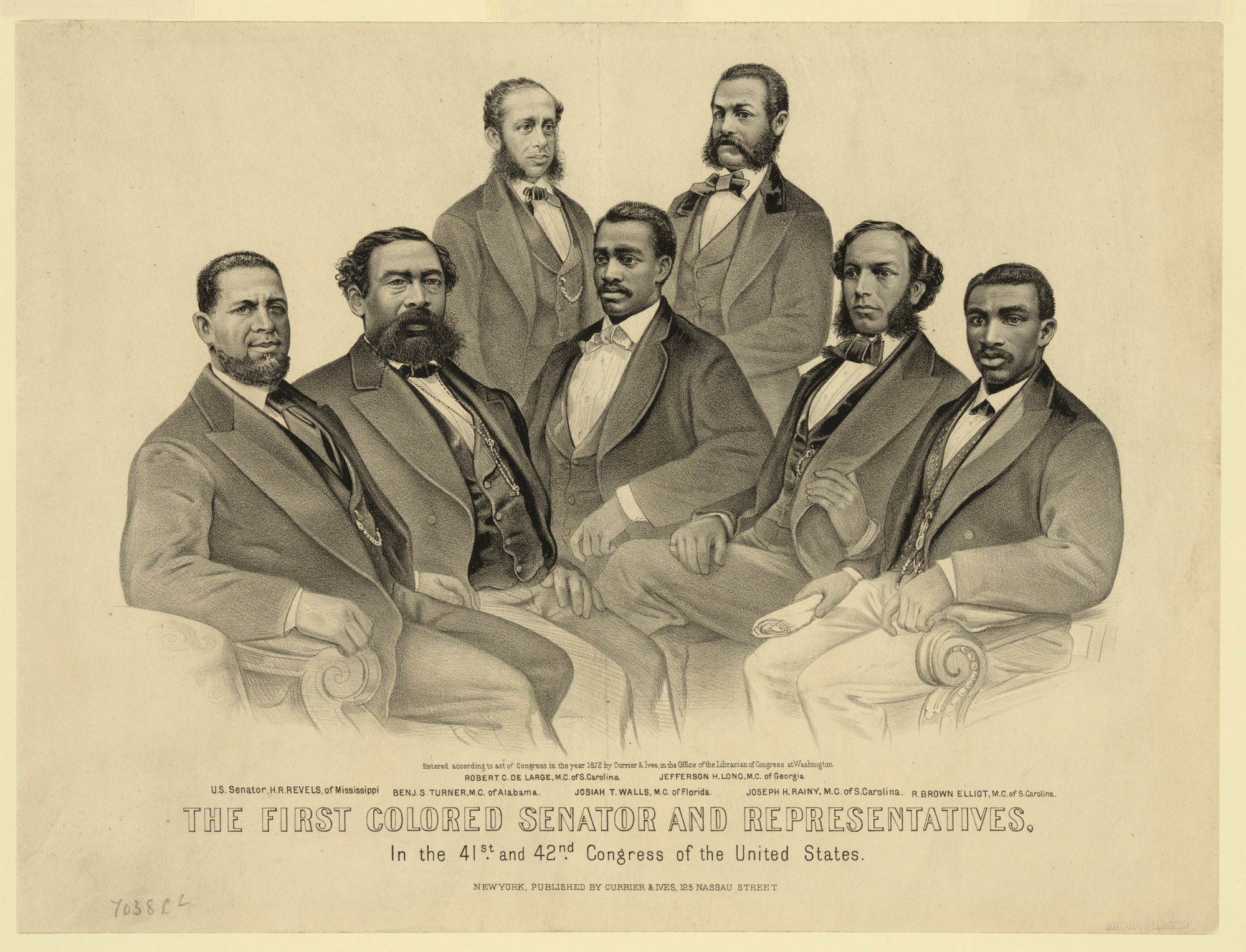Criminalization of Wage Theft in the United States: A Report on Emerging Enforcement Trends and Sustainable Development Goals
Introduction
Across the United States, there is a significant shift in labor law enforcement where wage theft is increasingly being treated as a criminal offense rather than a mere civil infraction. This report examines this trend, highlighting its implications for labor rights and its alignment with the United Nations Sustainable Development Goals (SDGs), particularly SDG 8 (Decent Work and Economic Growth) and SDG 16 (Peace, Justice, and Strong Institutions).
Shift Toward Criminalization of Wage Theft
Traditionally, wage and hour violations have been addressed through civil penalties, administrative fines, or private lawsuits. However, a growing number of states and localities are imposing criminal penalties for willful or repeated wage violations. These penalties range from fines to imprisonment, reflecting a stronger enforcement stance against economic exploitation.
Examples of State-Level Criminal Penalties
- Connecticut: Classifies wage theft as a felony when unpaid wages exceed $2,000, with fines up to $10,000 and potential imprisonment.
- Colorado and California: Treat intentional underpayment or withholding of wages as criminal theft.
- Other States: Colorado, Connecticut, Hawaii, Illinois, New Jersey, New York, Rhode Island, and Virginia authorize imprisonment for failure to pay wages or falsification of payroll records.
Recent Criminal Prosecutions
- Minnesota: Felony racketeering and wage theft charges against a dairy farm owner for withholding overtime and threatening immigrant workers.
- Washington: Felony theft charges against restaurant owners for failing to pay $45,000 in wages despite prior civil penalties.
- New York: Indictment of pizzeria owners for alleged theft of over $20,000 in wages.
- California: Multiple criminal charges against employers in garment manufacturing, restaurant, and construction industries for wage theft, conspiracy, and related offenses.
Driving Factors Behind Criminal Enforcement
- Stronger Deterrence: Criminal charges carry the possibility of incarceration and reputational harm, providing a more effective deterrent than civil penalties.
- Advocacy and Public Pressure: Increased advocacy frames wage theft as economic exploitation, urging stronger enforcement.
- Legislative Reforms: Expansion of wage theft definitions and authorization of criminal penalties in many states, exemplified by New York’s 2023 penal law amendment.
Federal Department of Labor Initiatives
On June 25, 2025, the U.S. Department of Labor (DOL) announced plans to enhance criminal enforcement related to wage violations. Key components include:
- Submission of a report to the Office of Management and Budget (OMB) listing all criminal regulatory offenses enforceable by DOL or the Department of Justice (DOJ), including potential penalties and mens rea standards.
- Establishment of criteria for referring wage violations to DOJ, considering factors such as:
- Employee death or serious injury resulting from violations.
- Egregious conduct or history of violations by the employer.
- Deliberate obstruction of investigations.
- Coercion or trafficking of workers.
- Harm caused by the offense and potential gains to the defendant.
- Specialized knowledge or licensing related to the violation.
- Awareness of unlawfulness and regulatory knowledge by the defendant.
Alignment with Sustainable Development Goals (SDGs)
The criminalization of wage theft directly supports several SDGs by promoting fair labor practices and strengthening justice systems:
- SDG 8: Decent Work and Economic Growth — Ensuring fair wages and protecting workers’ rights fosters inclusive economic growth and productive employment.
- SDG 16: Peace, Justice, and Strong Institutions — Enhancing legal frameworks and enforcement mechanisms contributes to accountable institutions and access to justice.
- SDG 10: Reduced Inequalities — Addressing wage theft helps reduce economic disparities and exploitation of vulnerable workers.
Recommendations for Employers
In light of increasing criminal enforcement, employers are advised to adopt proactive compliance strategies to align with legal requirements and SDG commitments:
- Conduct Regular Payroll Audits: Ensure accurate payment of wages, overtime, and proper worker classification.
- Invest in Training: Educate human resources and payroll personnel on state-specific labor laws and regulations.
- Implement Robust Recordkeeping: Maintain clear documentation of hours worked, wages paid, and employment status to support transparency and accountability.
Conclusion
The trend toward criminalizing wage theft reflects a broader commitment to uphold labor rights and promote sustainable economic development in line with the SDGs. Employers who prioritize compliance and accountability will be better positioned to navigate this evolving legal landscape and contribute to fair and just labor practices.
1. Sustainable Development Goals (SDGs) Addressed or Connected to the Issues Highlighted in the Article
- SDG 8: Decent Work and Economic Growth
- The article focuses on wage theft and labor law enforcement, directly relating to promoting decent work conditions and fair wages.
- It highlights efforts to criminalize wage theft, ensuring workers receive fair compensation and protection under labor laws.
- SDG 16: Peace, Justice, and Strong Institutions
- The article discusses legal reforms and enforcement mechanisms, including criminal penalties for wage theft, which relate to building effective, accountable institutions and promoting justice.
- It emphasizes rule of law and the prosecution of economic exploitation.
- SDG 10: Reduced Inequalities
- By addressing wage theft, especially cases involving vulnerable workers such as immigrants, the article touches on reducing inequalities within and among countries.
2. Specific Targets Under Those SDGs Identified Based on the Article’s Content
- SDG 8 Targets
- Target 8.5: Achieve full and productive employment and decent work for all women and men, including for young people and persons with disabilities, and equal pay for work of equal value.
- Target 8.7: Take immediate and effective measures to eradicate forced labor, end modern slavery and human trafficking, and secure the prohibition and elimination of the worst forms of child labor.
- SDG 16 Targets
- Target 16.3: Promote the rule of law at the national and international levels and ensure equal access to justice for all.
- Target 16.6: Develop effective, accountable, and transparent institutions at all levels.
- SDG 10 Targets
- Target 10.2: Empower and promote the social, economic and political inclusion of all, irrespective of age, sex, disability, race, ethnicity, origin, religion or economic or other status.
3. Indicators Mentioned or Implied in the Article to Measure Progress Towards the Identified Targets
- Indicators Related to SDG 8
- Number of wage theft cases prosecuted criminally versus civilly (implied by the shift from civil penalties to criminal charges).
- Amount of unpaid wages recovered or penalties imposed (e.g., fines, imprisonment rates).
- Incidence of wage theft violations reported and investigated by labor departments.
- Number of workers receiving fair wages and overtime pay in compliance with labor laws.
- Indicators Related to SDG 16
- Number of criminal prosecutions and convictions for wage theft (reflecting enforcement of rule of law).
- Existence and enforcement of laws criminalizing wage theft (legislative reforms enacted).
- Effectiveness of institutions such as Departments of Labor and Justice in investigating and prosecuting wage violations.
- Indicators Related to SDG 10
- Reduction in wage disparities and exploitation among vulnerable groups such as immigrant workers.
- Number of cases involving coercion, trafficking, or exploitation addressed through criminal charges.
4. Table of SDGs, Targets, and Indicators
| SDGs | Targets | Indicators |
|---|---|---|
| SDG 8: Decent Work and Economic Growth |
|
|
| SDG 16: Peace, Justice, and Strong Institutions |
|
|
| SDG 10: Reduced Inequalities |
|
|
Source: littler.com







